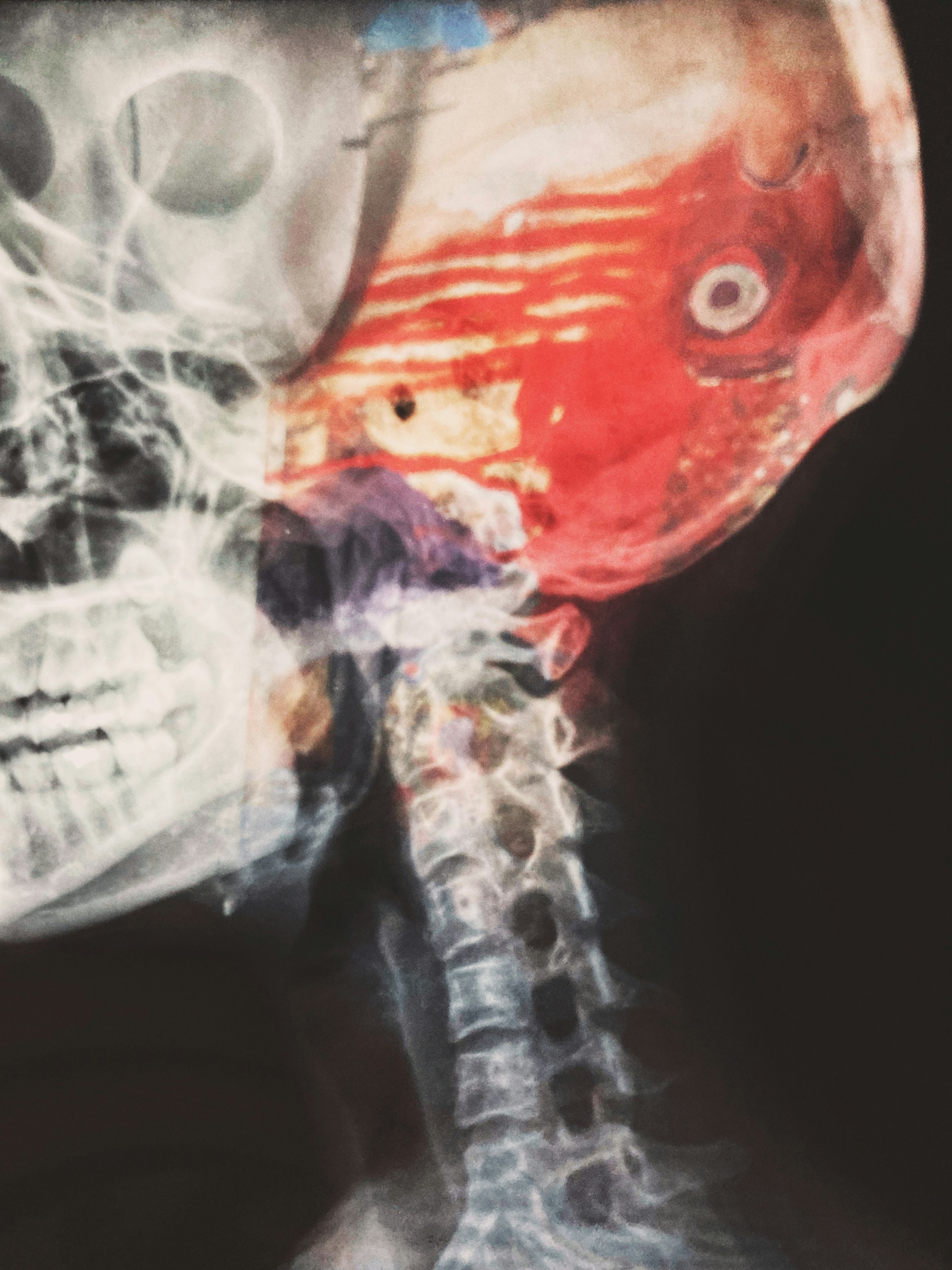Researchers develop AI tool to accelerate, improve accuracy of brain tumor classification
(MENAFN) Researchers from Australia and the United States have developed an innovative artificial intelligence tool that significantly accelerates and improves the accuracy of brain tumor classification, according to a report published by the Voice of America website.
Traditional methods for identifying brain tumors, while reliable, often require several weeks to yield results. This process, known as DNA methylation-based profiling, is not widely accessible in many hospitals worldwide.
To address these limitations, a collaborative team from the Australian National University and the US National Cancer Institute has devised a new predictive approach to DNA methylation, which serves as a regulatory switch for gene activity.
This breakthrough enables brain tumors to be classified into 10 main categories using a deep learning model, a sophisticated artificial intelligence technology inspired by human neural processing.
The system, named DEPLOY, utilizes pathological images—microscopic images of a patient's tissue—to perform its analysis.
The researchers emphasize that DEPLOY is designed to complement the initial diagnostic efforts of pathologists and clinicians.
Tai Huang, a research fellow at the Australian National University, highlighted the efficiency of the AI tool, explaining that “the traditional technique is very time-consuming, often taking two to three weeks to produce results. For patients with high-grade brain tumors, rapid treatment is crucial, and this technology can speed up the process.”
The DEPLOY system has been validated using large-scale datasets from approximately 4,000 patients across the United States and Europe, achieving an accuracy rate of up to 95 percent.
Traditional methods for identifying brain tumors, while reliable, often require several weeks to yield results. This process, known as DNA methylation-based profiling, is not widely accessible in many hospitals worldwide.
To address these limitations, a collaborative team from the Australian National University and the US National Cancer Institute has devised a new predictive approach to DNA methylation, which serves as a regulatory switch for gene activity.
This breakthrough enables brain tumors to be classified into 10 main categories using a deep learning model, a sophisticated artificial intelligence technology inspired by human neural processing.
The system, named DEPLOY, utilizes pathological images—microscopic images of a patient's tissue—to perform its analysis.
The researchers emphasize that DEPLOY is designed to complement the initial diagnostic efforts of pathologists and clinicians.
Tai Huang, a research fellow at the Australian National University, highlighted the efficiency of the AI tool, explaining that “the traditional technique is very time-consuming, often taking two to three weeks to produce results. For patients with high-grade brain tumors, rapid treatment is crucial, and this technology can speed up the process.”
The DEPLOY system has been validated using large-scale datasets from approximately 4,000 patients across the United States and Europe, achieving an accuracy rate of up to 95 percent.

Legal Disclaimer:
MENAFN provides the
information “as is” without warranty of any kind. We do not accept
any responsibility or liability for the accuracy, content, images,
videos, licenses, completeness, legality, or reliability of the information
contained in this article. If you have any complaints or copyright
issues related to this article, kindly contact the provider above.
Most popular stories
Market Research

- Betfury Is At SBC Summit Lisbon 2025: Affiliate Growth In Focus
- Xfunded Expands In Dubai, Strengthening Collaborations With Trading Influencers Across Europe
- Motif AI Enters Phase Two Of Its Growth Cycle
- Utila Triples Valuation In Six Months As Stablecoin Infrastructure Demand Triggers $22M Extension Round
- Red Lions Capital And Neovision Launch DIP.Market Following ADGM Regulatory Notification
- Origin Summit Unveils Second Wave Of Global Icons Ahead Of Debut During KBW





















Comments
No comment